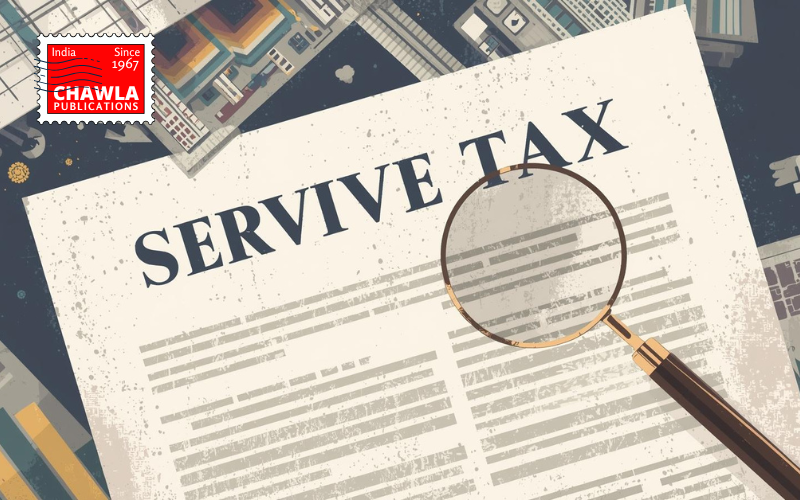Tribunal Finds No Corroborative Evidence for Service Tax Liability, Upholds Negative List Exclusion for Non-Issuance of Consignment Notes
News Report:
In a significant ruling, the Customs, Excise, and Service Tax Appellate Tribunal (CESTAT) Kolkata Eastern Zonal Bench, presided by Shri K. Anpazhakan, Member (Technical), has dismissed the service tax demand against M/s. Sajma Enterprises. The Tribunal found the demand, initially raised by the Commissioner of CGST & CX, to be unsustainable due to a lack of corroborative evidence supporting the liability.
The case revolved around a service tax demand amounting to Rs. 14,65,820, which was based solely on data from the Central Board of Direct Taxes (CBDT). M/s. Sajma Enterprises, a proprietorship concern engaged in arranging goods transportation, contested the demand asserting that no taxable service was rendered since consignment notes were not issued - a key requirement under the Goods Transport Agency (GTA) service category.
The Tribunal held that reliance solely on CBDT data without corroborative evidence was impermissible. It emphasized that mere entries in income tax returns or Form 26AS could not establish service tax liability under the Finance Act, 1994. The judgment cited previous decisions, including M/s. Rishu Enterprise v. Commissioner of C.G.S.T. & Excise, Dibrugarh, to reinforce the principle that service tax demands must be substantiated by evidence of actual service provision.
Furthermore, the Tribunal underscored the exclusion under the Negative List Entry of Section 66D(P)(i)(A) of the Finance Act, 1994, which exempts services arranging transportation of goods by road without issuing consignment notes from service tax liability. This stance was supported by the Supreme Court's judgment in CCE, Ahmedabad-II v. Chartered Logistics Ltd., affirming the exclusion for services lacking consignment notes.
In addition to dismissing the demand, the Tribunal found no grounds for invoking the extended period of limitation. The demand was based on data always available to the department, negating claims of fact suppression with intent to evade taxes.
The judgment provides significant relief to M/s. Sajma Enterprises, setting aside the service tax demand, interest, and penalties imposed by the Commissioner. It also underscores the necessity for tax authorities to substantiate demands with concrete evidence of taxable services rendered, rather than relying solely on financial data from other statutory records.
Legal practitioners and businesses within the goods transportation sector view this ruling as a reaffirmation of the principle that service tax liabilities must be clearly evidenced and cannot be inferred from unrelated statutory data. The decision is expected to guide future cases involving similar disputes over service tax demands based on CBDT data without corroborative evidence.




